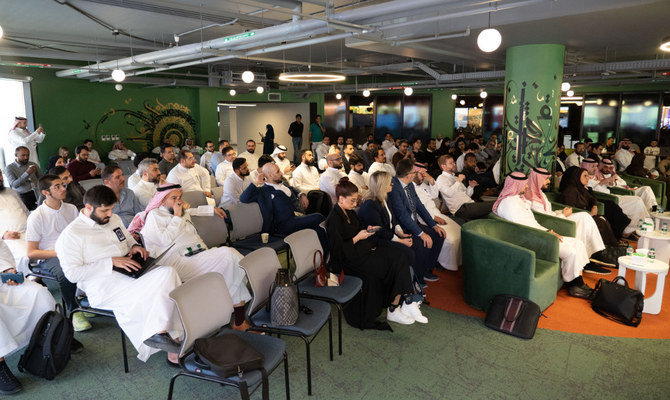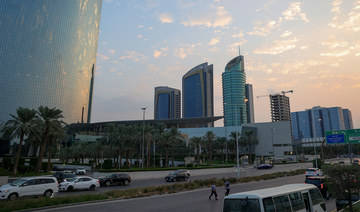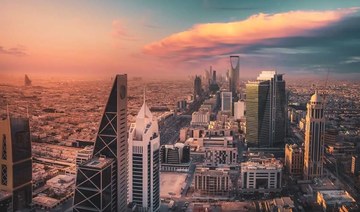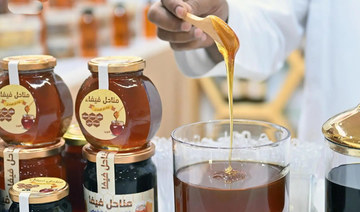RIYADH: Saudi Arabia’s residency program attracting top foreign talent and investors hosted a workshop in Riyadh on Wednesday.
The Premium Residency Program, launched in 2019, draws skilled professionals, talented individuals and investors to the Kingdom through five residency categories.
It targets expatriates who wish to gain premium residency in Saudi Arabia.
The categories, announced in January, include special talent, gifted, entrepreneur, investor and real estate residencies.
The “Introduction to Premium Residency Products” at The Garage in Riyadh focused on the entrepreneur category.
The residency includes two sub-categories for entrepreneurs and innovators who contribute to the development of multiple industries in Saudi Arabia.
Category one of the entrepreneur residency provides a five-year premium residency. Applicants must obtain an entrepreneurial license from the Saudi Ministry of Investment and a letter of recommendation from the investing party.
They are required to obtain a minimum SR400,000 ($106,000) investment from a recognized organization and hold at least a 20 percent share of the startup.
After the five-year term, the entrepreneur residency will be renewed if the eligibility criteria is still met.
Category two grants a permanent residency only if the entrepreneur creates a minimum of 10 jobs in the first year and 10 or more in the second year.
The individual must demonstrate a minimum investment of SR15 million and a 10 percent ownership stake in the business.
The advantages of the entrepreneur residency include the ability to nominate two people from the applicant’s work team — such as executives — to obtain exceptional competence residencies.
Among the general benefits are owning and using real estate, issuing visit visas for relatives, and exemption from the financial fees imposed on expatriates and their companions.
Beneficiaries will be able to use the lanes designated for citizens and citizens of the Gulf Cooperation Council countries at ports across the Kingdom.
The holder of the premium residency and their family members can leave and return to Saudi Arabia without requiring a re-entry visa. They can also work in private sector establishments.
Sarah Al-Hamad, who attended the workshop, told Arab News: “I truly believe that the Premium Residency Program will drive economic growth and cultural exchange in the Kingdom for years to come.”
The workshop also included networking and discussions on funding opportunities as well as mentorship.





























